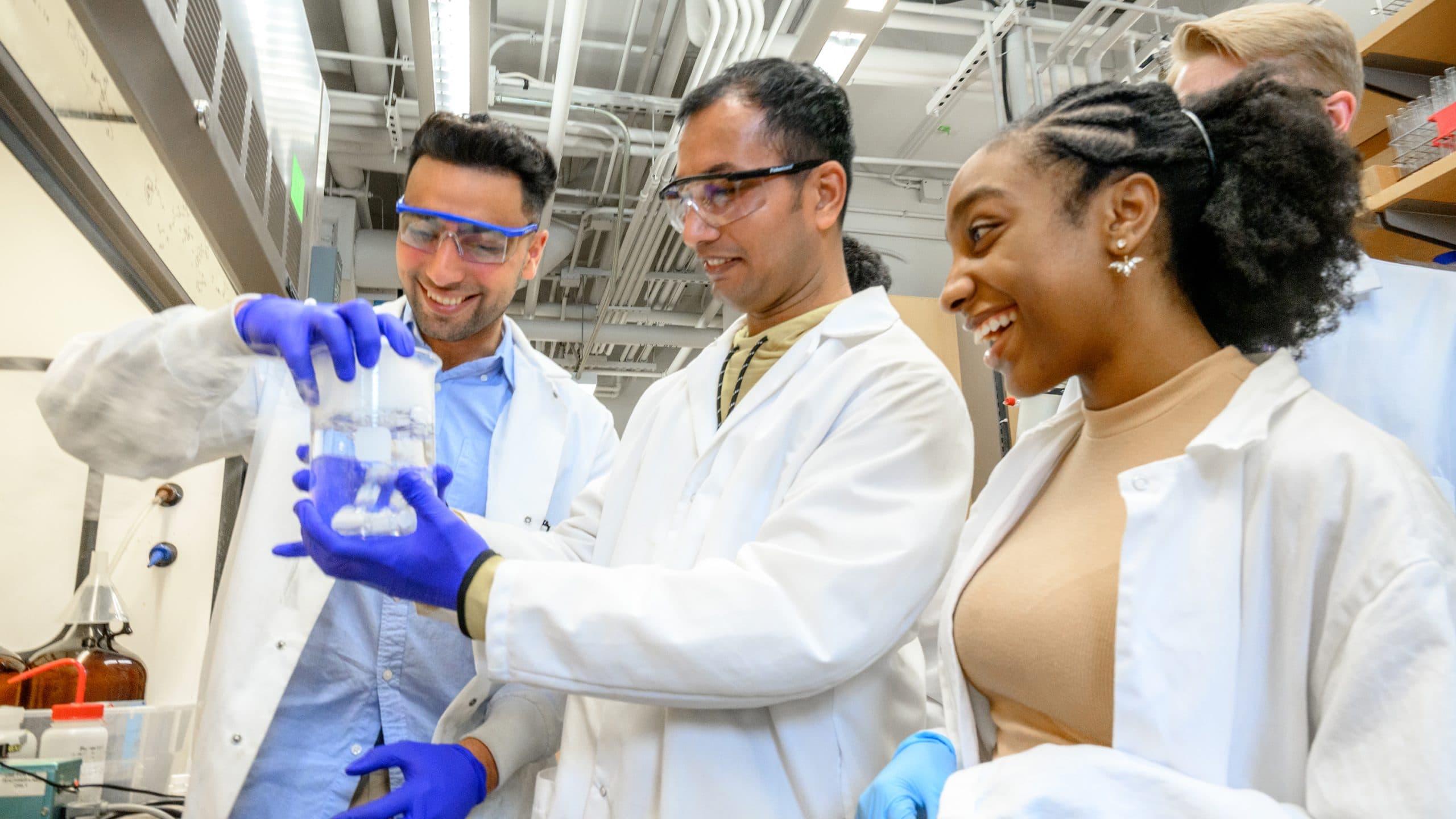Introduction
Undergraduate research—working with faculty on scholarly projects—offers extraordinary benefits for students interested in graduate school, competitive careers, or simply deepening their understanding of a field. Research builds critical thinking, technical skills, and professional relationships while allowing you to contribute to advancing knowledge in your discipline.
Many students assume research opportunities are only for honors students or science majors. In reality, research happens across all disciplines—humanities, social sciences, arts, and STEM—and welcomes students at various academic levels. Understanding how to find and secure research positions opens doors to transformative educational experiences.
Why Pursue Research
Graduate school preparation is significantly enhanced by research experience. Admissions committees for master's and PhD programs expect research background. You'll need faculty recommendations specifically addressing your research capabilities, and you'll need to articulate your research interests in application essays. Without research experience, these requirements become challenging.
Career differentiation comes from skills developed through research: critical thinking, data analysis, problem-solving, project management, scientific writing, and presentation abilities. Whether you ultimately pursue research careers or not, these competencies transfer across fields and distinguish you from peers who only have coursework experience.
Intellectual satisfaction comes from pursuing questions that genuinely interest you and contributing original knowledge. Research allows deep exploration of topics beyond what's possible in classes. You'll develop expertise in focused areas and experience the satisfaction of generating new understanding rather than just absorbing existing knowledge.
Professional relationships with faculty mentors provide guidance, recommendation letters, and networking connections. Faculty can advise on graduate programs, introduce you to colleagues in your field, and provide mentorship throughout your career. These relationships often last well beyond graduation.
"Research is formalized curiosity. It is poking and prying with a purpose."
— Zora Neale Hurston, Author and Anthropologist
Finding Research Positions
Start by identifying faculty whose research interests you. Read professors' faculty pages, review their publications, and attend department colloquia or seminars. When you find someone working on questions that excite you, that's a potential mentor. Genuine interest in the research area matters far more than prestigious names.
Reach out directly and thoughtfully. Email professors expressing specific interest in their work. Reference particular papers or projects that intrigue you and explain why. Ask if they have openings for undergraduate research assistants. Be professional, concise, and clear about your qualifications and time availability.
Your initial message might look like: "Dear Professor Smith, I'm a sophomore biology major fascinated by your work on antibiotic resistance mechanisms. I read your recent paper on efflux pumps and found the clinical implications compelling. I have coursework in microbiology and molecular biology, and I'm looking for research experience. Do you have openings for undergraduate researchers? I could contribute 10-15 hours weekly. Thank you for considering."
Formal programs also facilitate research opportunities. Many colleges offer summer research programs, often with stipends or course credit. The NSF Research Experiences for Undergraduates (REU) program funds summer research at institutions nationwide. McNair Scholars, SURF programs, and discipline-specific opportunities exist. These structured programs provide mentorship, training, and peer cohorts.
Persistence matters. You may not get positive responses immediately. Faculty are busy, projects may not have openings, or your timing might not align. If someone declines, ask if they know colleagues who might need assistance. Keep trying—research opportunities exist, and professors generally appreciate motivated students.
Succeeding in Research
Approach research with realistic expectations. Unlike coursework with clear assignments and deadlines, research involves ambiguity, false starts, and incremental progress. Experiments fail, hypotheses prove wrong, and progress is often frustratingly slow. This uncertainty is normal—managing it is part of research skills.
Take initiative in your learning. Research often requires techniques or knowledge beyond your coursework. Use this as an opportunity to build skills rather than waiting to be taught everything. Read papers, watch tutorials, ask questions, and practice independently. Faculty value self-directed learners who proactively solve problems.
Communicate regularly with your mentor. Schedule weekly meetings to discuss progress, challenges, and next steps. Come prepared with updates and questions. Don't disappear for weeks and then return with problems. Regular communication prevents wasted effort and ensures you're aligned with project goals.
Document everything meticulously. Maintain detailed lab notebooks or research journals. Record procedures, observations, data, and analysis methods. Good documentation allows you to replicate work, share methods with others, and avoid losing valuable information. It's also essential for publications and presentations.
Meet commitments reliably. If you commit to certain hours or tasks, follow through. Research projects depend on everyone contributing consistently. If circumstances change affecting your availability, communicate proactively so your mentor can adjust expectations.
Leveraging Research Experience
Aim to present your research. Many disciplines have undergraduate research symposiums, conferences, or poster sessions. Presenting forces you to synthesize your work, communicate clearly, and engage with others in your field. This experience is valuable for graduate applications and builds professional skills.
Publication as an undergraduate is possible but not required. Contributing to papers that emerge from your research project—even as a middle author—strengthens graduate applications and demonstrates productivity. However, undergraduate research is valuable even without publications. What matters is the experience, skills developed, and relationships built.
Obtain strong recommendation letters from research mentors. Faculty who've worked with you closely in research can write detailed, specific letters about your intellectual abilities, work ethic, and potential. These letters are typically far stronger than letters from professors who only know you from coursework.
Apply research skills broadly. The abilities you develop—critical thinking, problem-solving, data analysis, project management—transfer across contexts. Reference research experience in applications for graduate programs, jobs, internships, and scholarships, emphasizing the skills you built and how they're relevant to opportunities you're seeking.
Getting Started
Don't wait until you feel fully prepared to pursue research. Most undergraduates start with minimal background and learn on the job. Faculty don't expect you to already know everything—they expect enthusiasm, reliability, and willingness to learn. If you're genuinely interested in a research area, you're ready to start.
Beginning early in your college career provides more opportunities to develop expertise, contribute substantially, and build strong mentoring relationships. However, it's never too late to start. Even research experience in your final year provides valuable learning and strengthens your profile.
Research isn't for everyone, and that's okay. Some students discover they prefer applied work over academic inquiry, and that's valuable self-knowledge. But if you're curious about research, try it. The experience might transform your education, clarify your career direction, and open opportunities you never imagined. The only way to know if research is for you is to try it.



